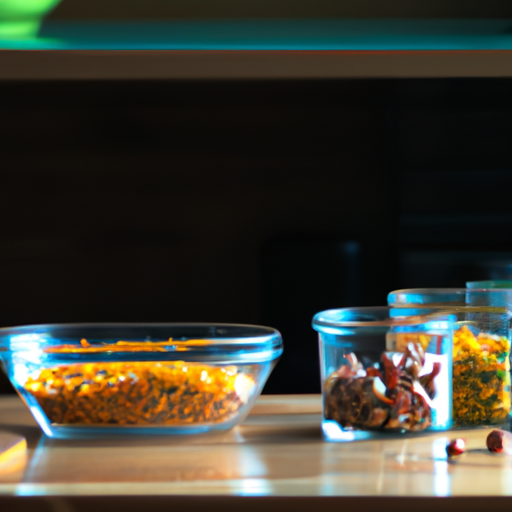Parrots are known for their vibrant colors, intelligent minds, and playful personalities. They are also known for their unique dietary needs. Parrots require a varied diet, full of fresh fruits, vegetables, and grains, to maintain their health and vitality. In this article, we are going to explore how you can prepare fresh and balanced meals for your parrot.
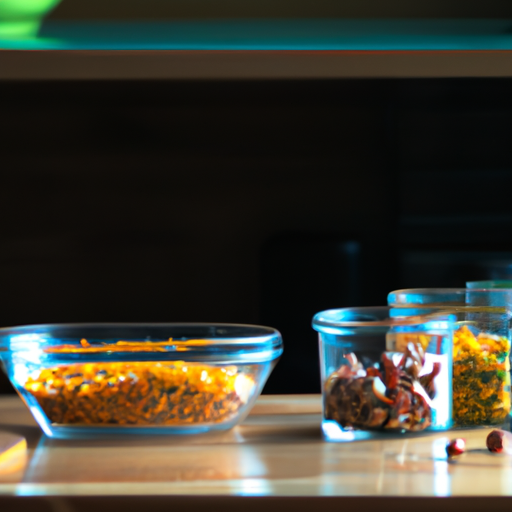
Understand Your Parrot’s Nutritional Needs
The first step in preparing a balanced meal for your parrot is understanding their nutritional needs. Parrots need a diet high in vitamins, minerals, and fiber, with moderate amounts of protein and fat. They also require a variety of fruits and vegetables, grains, and a small amount of seeds and nuts.
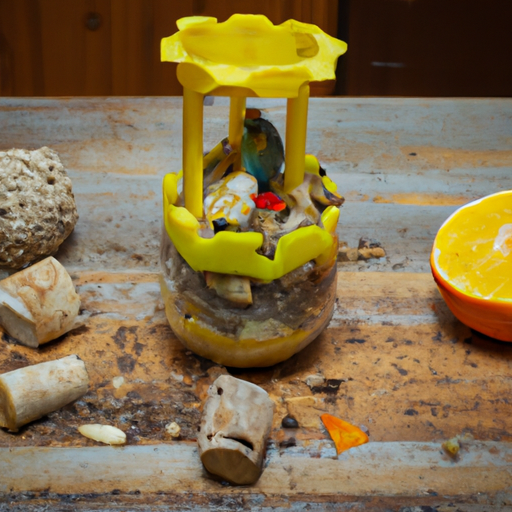
Choosing the Right Ingredients
When shopping for your parrot’s food, look for fresh, organic produce whenever possible. Parrots can eat a wide variety of fruits and vegetables, including apples, bananas, berries, leafy greens, sweet potatoes, and bell peppers. However, remember to remove any seeds or pits, as these can be harmful to your bird. Whole grains like quinoa, brown rice, and oatmeal are also excellent choices.
When it comes to seeds and nuts, opt for unsalted options. Peanuts, sunflower seeds, and almonds can be a tasty treat for your bird, but remember, seeds and nuts should make up a small portion of their diet due to their high-fat content.
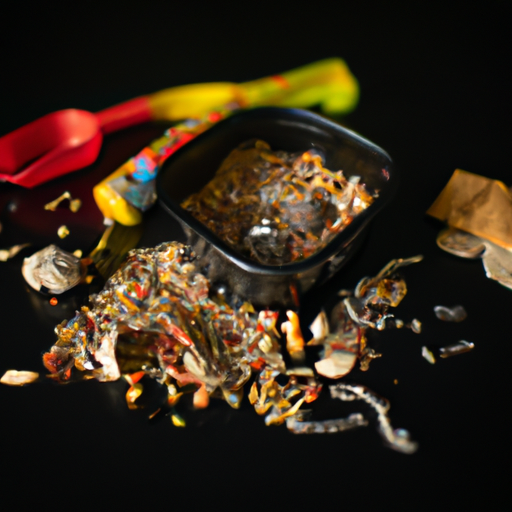
Preparing the Meal
Preparing your parrot’s meal doesn’t have to be a complex process. Start by washing all fruits and vegetables thoroughly to remove any pesticides or dirt. Then, chop the produce into small, manageable pieces for your parrot. Make sure the pieces are not too small to avoid choking hazards.
Cook the grains according to the package instructions until they are soft and fluffy. Allow them to cool before serving. You can also mix in some cooked vegetables for extra nutrition.
For seeds and nuts, you can serve them as they are or soak them overnight to make them easier for your parrot to digest.
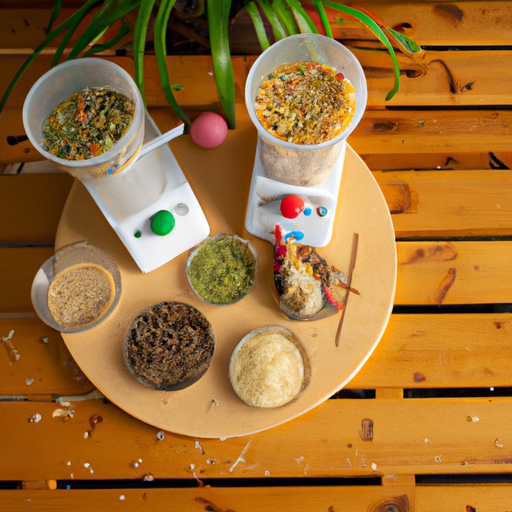
Maintaining Variety
Parrots thrive on variety, so try to mix up their meals as much as possible. This not only ensures they get a wide range of nutrients but also keeps them interested in their food. Try to introduce new fruits, vegetables, and grains regularly. However, make sure to introduce new foods gradually to monitor for any adverse reactions.
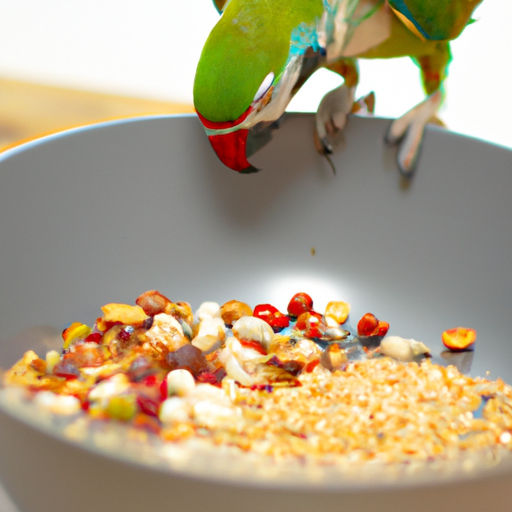
Monitoring Your Parrot’s Health
Lastly, it’s crucial to monitor your parrot’s health. If your parrot is eating a balanced diet, they should have bright eyes, smooth feathers, and plenty of energy. If you notice any changes in their appearance or behavior, it might be a sign that they are not getting the right nutrients. In this case, it’s essential to consult with a vet.
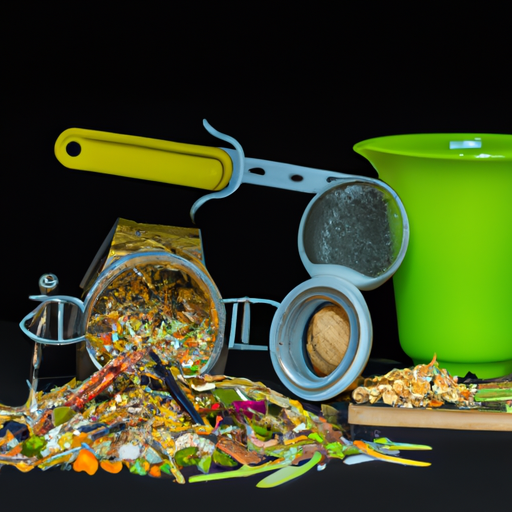
Preparing fresh and balanced meals for your parrot might seem daunting at first, but with some knowledge and preparation, it can become a fun and rewarding part of your routine. Remember, a healthy parrot is a happy parrot, and what better way to show your feathered friend some love than by providing them with delicious and nutritious meals.

